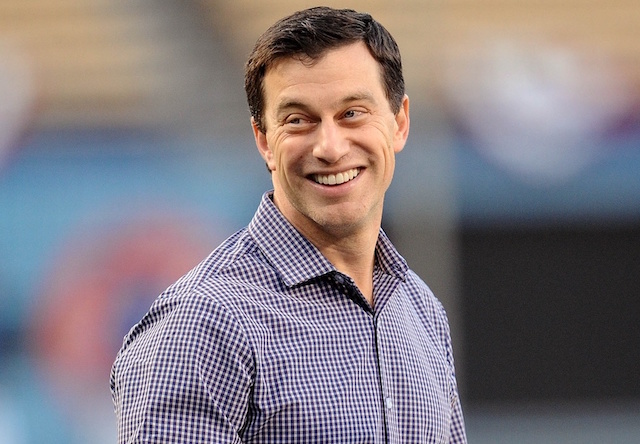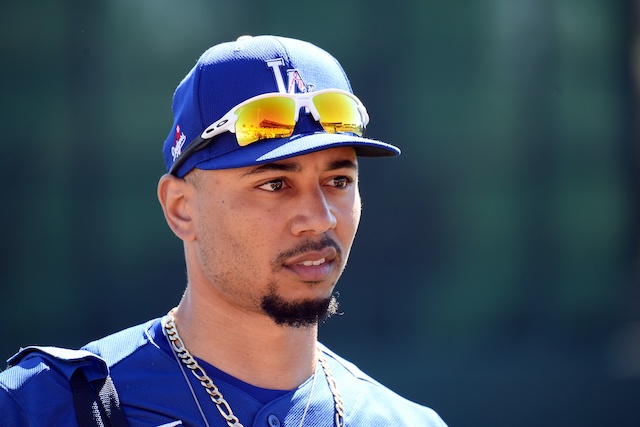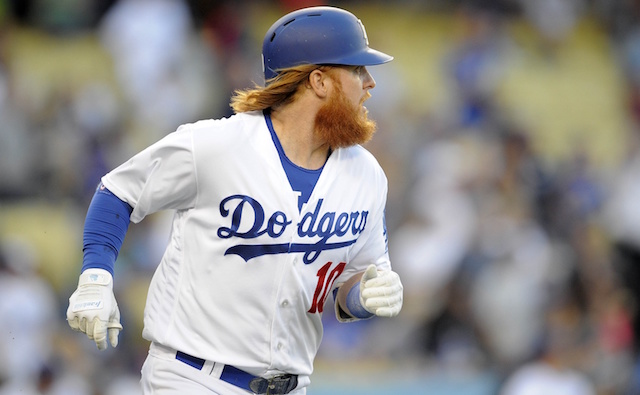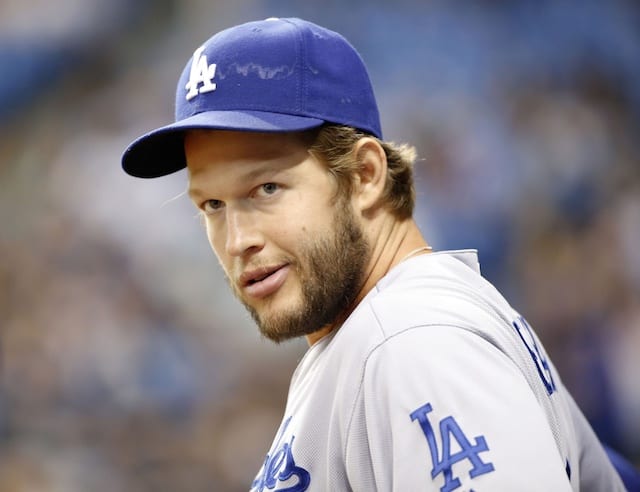It was a trade that made almost no waves in Los Angeles Dodgers circles — let alone baseball circles, and yet, it’s a trade that has come to be the mark of the president of baseball operations Andrew Friedman’s era in Los Angeles.
On Wednesday evening, the Dodgers sent Chase De Jong to the Mariners in exchange for a pair of Minor Leaguers: shortstop Drew Jackson and reliever Aneurys Zabala. To the average fan, this deal was met with, “who, who and who?”
I’ve made that mistake before with Friedman. After seeing a trade involving players I’ve never heard of before, and moving right along. In fact, we’re not far removed from De Jong himself being the product of one of these trades.
It was the type of move that has forced me to stop and read every time the Dodgers make a move, regardless of how seemingly small it appears.
Los Angeles acquired the right-hander, along with Tim Locastro, in July 2015 from the Toronto Blue Jays in exchange for three international bonus pool slots (valued at $1,071,300). Having already blown past their own spending limit, the trade merely equated to the Dodgers paying that same amount in additional taxes.
Essentially, Los Angeles bought two players hanging around the low levels of the Minors for $1 million — a brilliant move for a team with cash to burn. After the trade, De Jong skyrocketed through the Dodgers farm system.
In his first season with the organization, De Jong made 25 starts for Double-A Tulsa and one start with Triple-A Oklahoma City. He went a combined 15-5 with a 2.82 ERA and 133 strikeouts in 147 innings.
As a result of his performance, De Jong was added to the Dodgers’ 40-man roster last November in order to remain protected in the 2016 Rule 5 Draft. The problem was, there was simply wasn’t clear path to the Majors.
Aside from a surplus of experienced starters — Scott Kazmir, Brandon McCarthy, Hyun-Jin Ryu and Alex Wood — ahead of him, De Jong also found himself looking up at a wealth of young starters as well in Trevor Oaks, Brock Stewart, Ross Stripling and Julio Urias, among others.
And so, with no place to go, the Dodgers made the best of the situation by sending De Jong to Seattle. Along with acquiring more young talent to add to an already-loaded farm system, a byproduct of the trade for the Dodgers was it also cleared a spot on their 40-man roster, which is always valuable.
Jackson, 23, was Seattle’s fifth-round pick in 2015 and was rated by Baseball America as the Mariners’ No. 6 prospect. While Zabala, 20, played in the Rookie League last season. Obviously neither of these them will make an impact this season in Los Angeles, but that isn’t the point.
Friedman has made a habit out of taking the resources he has plenty of (in this case starting pitching depth), and using them to acquire high-value players from teams desperate for immediate help.
That’s not to say this trade is going to be looked back on 10 years from now as the greatest ever, but it’s simply more evidence of the unique approach the Dodgers front office takes to roster construction.
And, well, it seems to be working.










